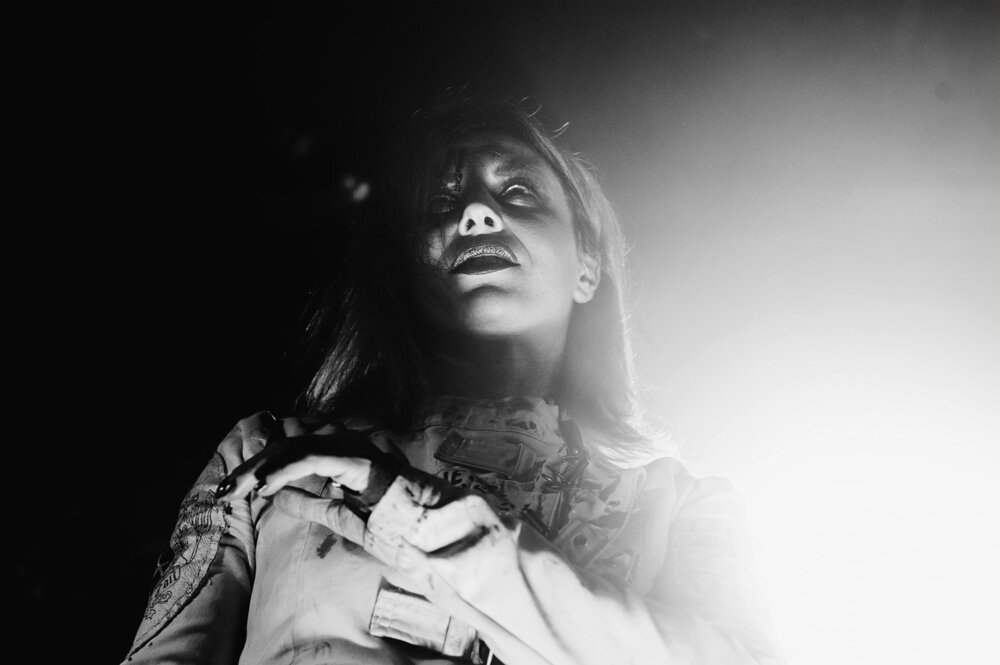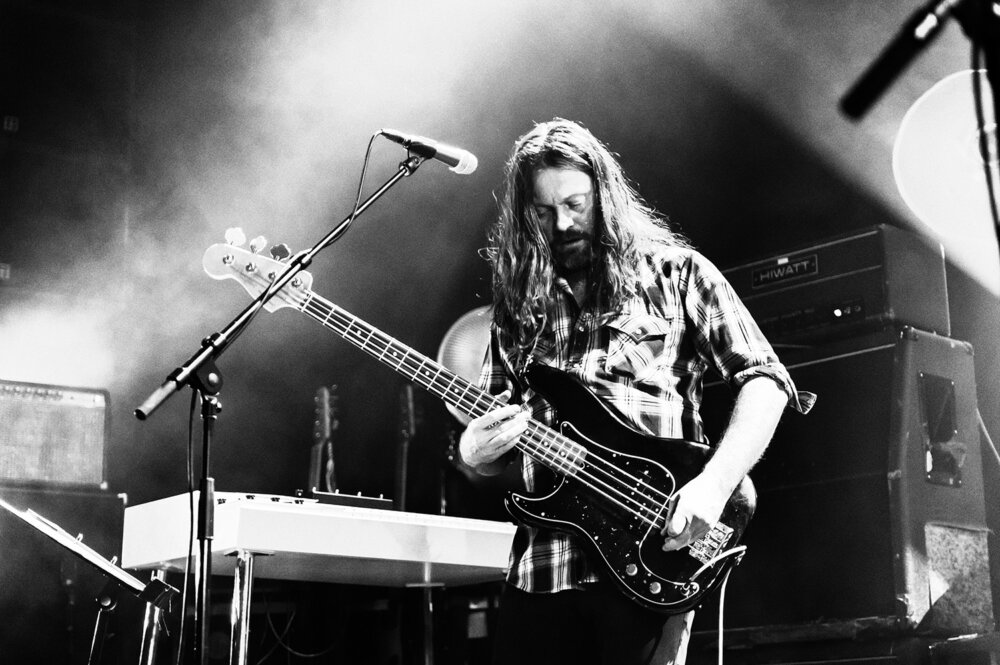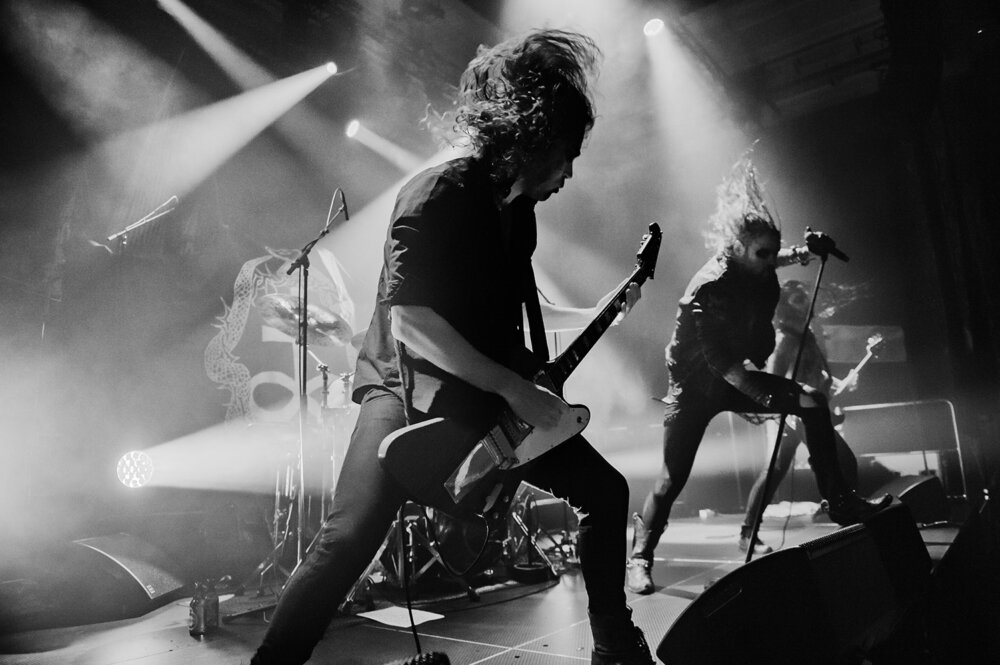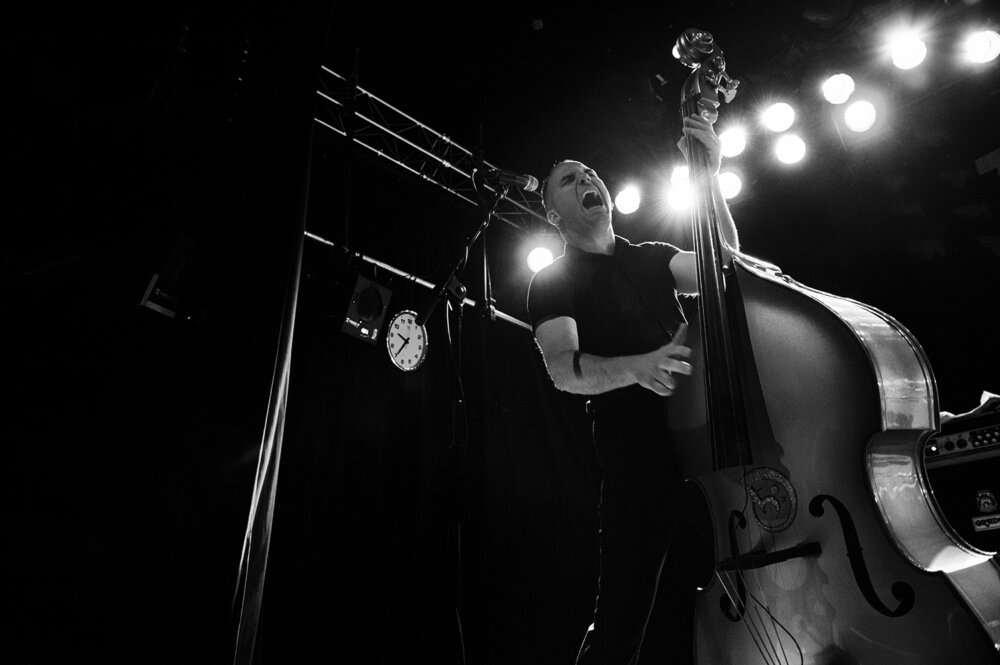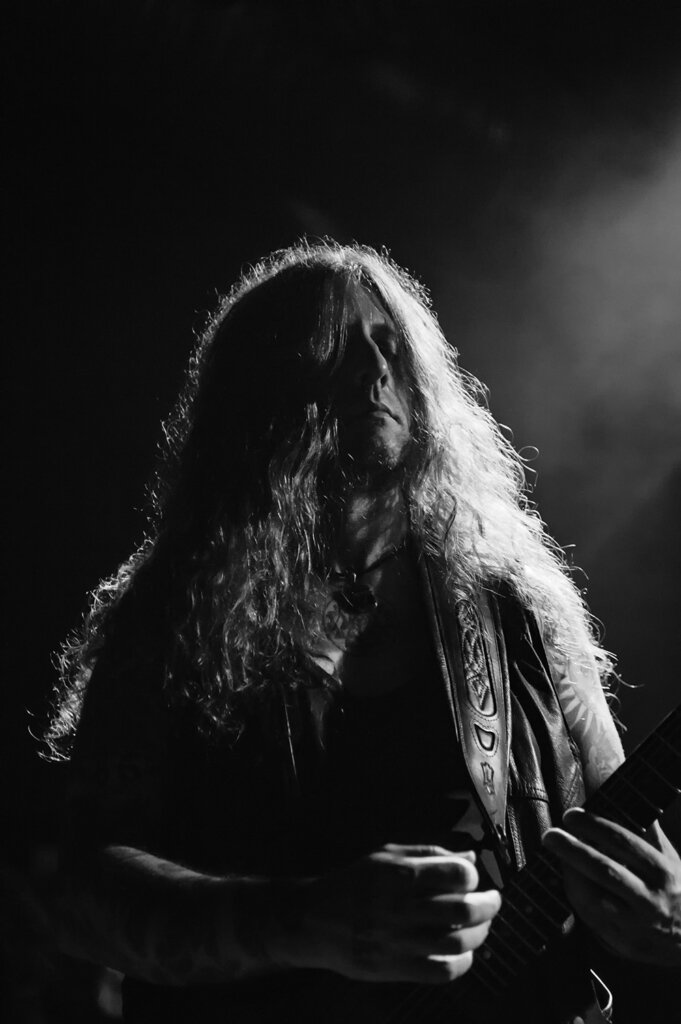Karim Mansour’s Evocative Black and White Concert Photos
describes himself as a part time photographer living in Oslo, Norway and shoots primarily concerts and landscapes.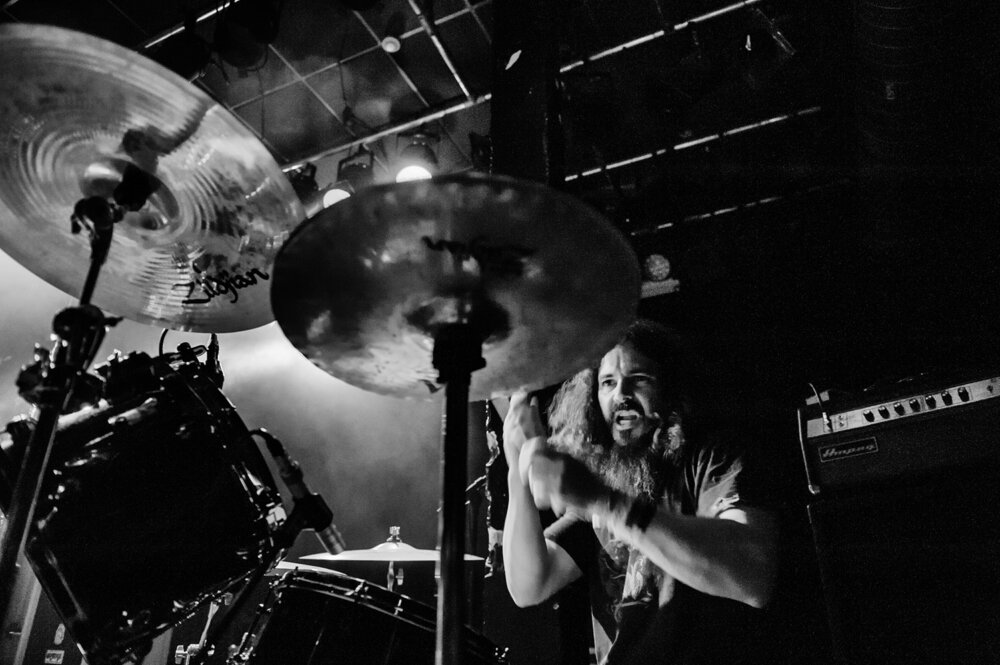
What makes black and white photography so important to you?
I’ve always been fascinated by black and white photographs. As far back as I remember, visiting my late grand mother’s house meant one thing for me: rummaging through dusty boxes full of prints from as far back as the late 1920s.
I am not sure what drew me to them, but there was something special about them. I grew up in a world of colour. So seeing colours somewhat stripped from reality made me spend more time on each print and eventually fall in love with the medium.
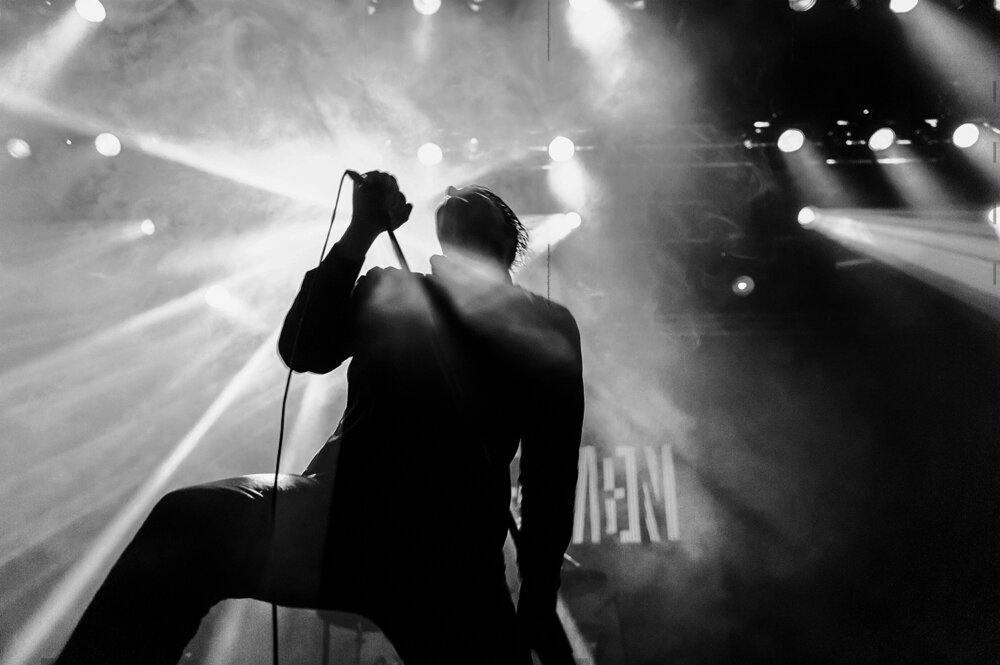
My photographic interests began many years later and the first rolls of film I bought were black and white negatives. The jump to digital followed the same path with early experimentation in black and white processing.
I became more and more focused on landscape photography. Artists such as Michael Kenna, Michael Levin, Nathan Wirth and many others became my inspirations. I began to study analog black and white processing and printing in order to improve my digital workflow. It is this, studying, which makes black and white photography so important to me. Because I study black and white images, not just look at them in a passing glance. I spend time looking at the elements, tones, structures, shades, everything and exploring the techniques, tools and concepts behind each image.
What inspires you to create photographs?

It is usually a feeling. This is most true when out in landscapes. I often go hiking in the woods or mountains with no intended image to be created. And I wait for that inspiration. For the light to fall a certain way or a composition to suddenly appear. Many times I return with no images at all.
My interests in subject matters tend to change and I would easily go into a hibernation period where I do not even venture out with the intent to photograph. When the urge suddenly appears again, I would pursue it relentlessly. I become focused on the subject (which in recent years has become quite specific: trees at night, stars, etc.). As of late I have been drawn to the night. I enjoy the solitude the night offers as well as the soft, almost faint, light that falls on the subject I am photographing. To me, it is a soothing feeling. Going full circle, it is a feeling of an image projected by the scene in front of me that inspires me.
Why is black and white photography so important to our future in the art world?
I am not an art historian or art critic so perhaps my answer to this might not be the one with most depth. What I do believe is that we need to take a step back, breathe and appreciate the world we live in and to me, black and white photography is the medium that gives us this breathing space. To embrace the image and give some thought into the process of creating it. From an art world perspective, I find that black and white photography is able to push boundaries more than colour. The play of light and shadow, contrasts and tones can lend them perfectly to any subject thereby making the medium relevant to art in its broadest term.
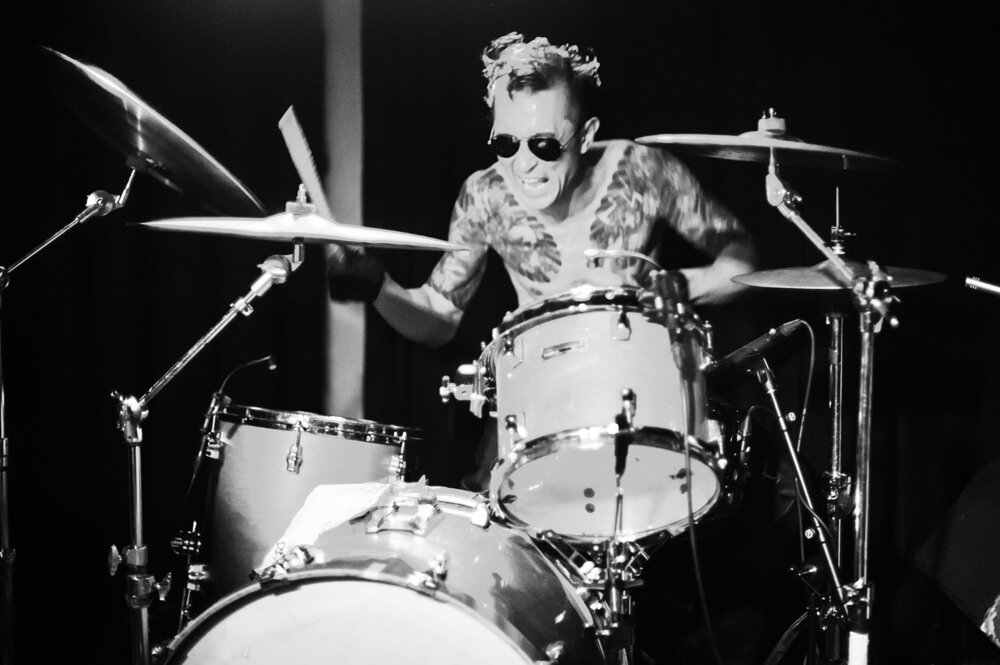
Art in itself serves multiple purposes. It tells stories, shows beauty, shock and inspire though and reflection and many more (depending on how art is defined). There is no reason to think that black and white photography cannot fill any of these or that it will seize to deliver to any form of art.
There will always be an interest in black and white photography. This interest is part nostalgia and part experimentation – both of these are legitimate reasons in my opinion.
